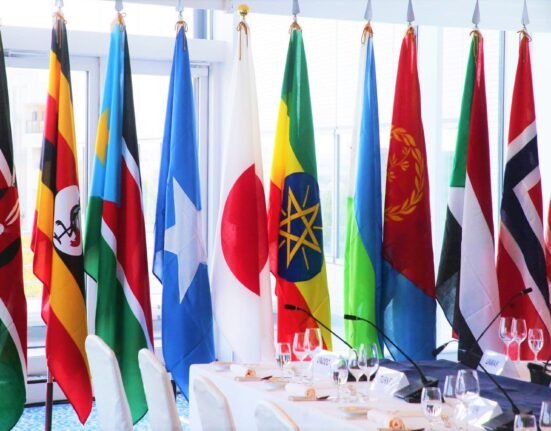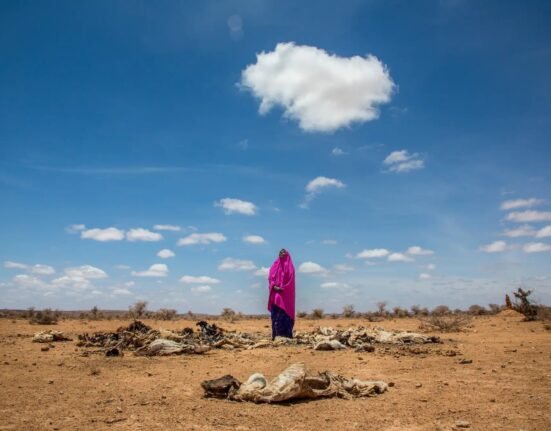In Somalia, a troubled nation that has faced numerous challenges over the years, the issue of militarization is an ever-present concern. The Somali political landscape has been greatly impacted by the widening influence of militarization, leading to a range of consequences for both governance and society. This article delves into the effects of militarization on Somali politics, shedding light on the complexities and ramifications of this ongoing issue.
1. The Rise of Militarization:
Militarization in Somalia can be traced back to the decades of civil war, territorial disputes, and the presence of armed groups. The proliferation of weapons and the militarization of society have become deeply ingrained problems. Various clans, regional warlords, and extremist groups have taken advantage of the power vacuum, further exacerbating the issue and destabilizing the country’s political environment.
2. Weakening Political Institutions:
Militarization has contributed to the erosion of political institutions and governance structures in Somalia. The presence of armed factions, competing interests, and warlordism has hindered the establishment of a cohesive and functioning government. With power concentrated in the hands of armed groups, political development and the rule of law have been stifled.
3. Implications for State Security and Fragility:
The militarization of Somali politics has seriously undermined state security and perpetuated fragility. Instead of a unified security apparatus, multiple armed groups operate independently, leading to a fragmented security landscape. The government’s inability to monopolize violence has hampered efforts to combat terrorism, piracy, and other security challenges, perpetuating Somalia’s status as a failed state.
4. Threat to Socio-Economic Development:
Militarization has also hindered socio-economic progress in Somalia. The diversion of resources towards armed factions and the war economy leaves little room for investments in infrastructure, education, healthcare, and other essential sectors. The perpetuation of conflict and the absence of stability have impeded the nation’s ability to develop and alleviate poverty, exacerbating the humanitarian crisis.
5. Impacts on Civil Society and Human Rights:
Militarization adversely affects civil society and human rights in Somalia. The proliferation of armed groups fuels violence, leading to widespread human rights abuses, including extrajudicial killings, sexual violence, and forced displacement. Moreover, marginalized voices and peaceful activists face threats and intimidation, limiting the growth of civil society and diluting the prospects for democratic progress.
Militarization continues to be a significant challenge for Somali politics, deeply impacting governance, security, development, and human rights. Addressing this issue requires a comprehensive approach, including disarmament, demobilization, and reintegration programs, establishment of effective political institutions, and prioritizing socio-economic development. It is essential to promote inclusive dialogue, reconciliation processes, and the rule of law to set Somalia on a path towards stability, peace, and prosperity.






